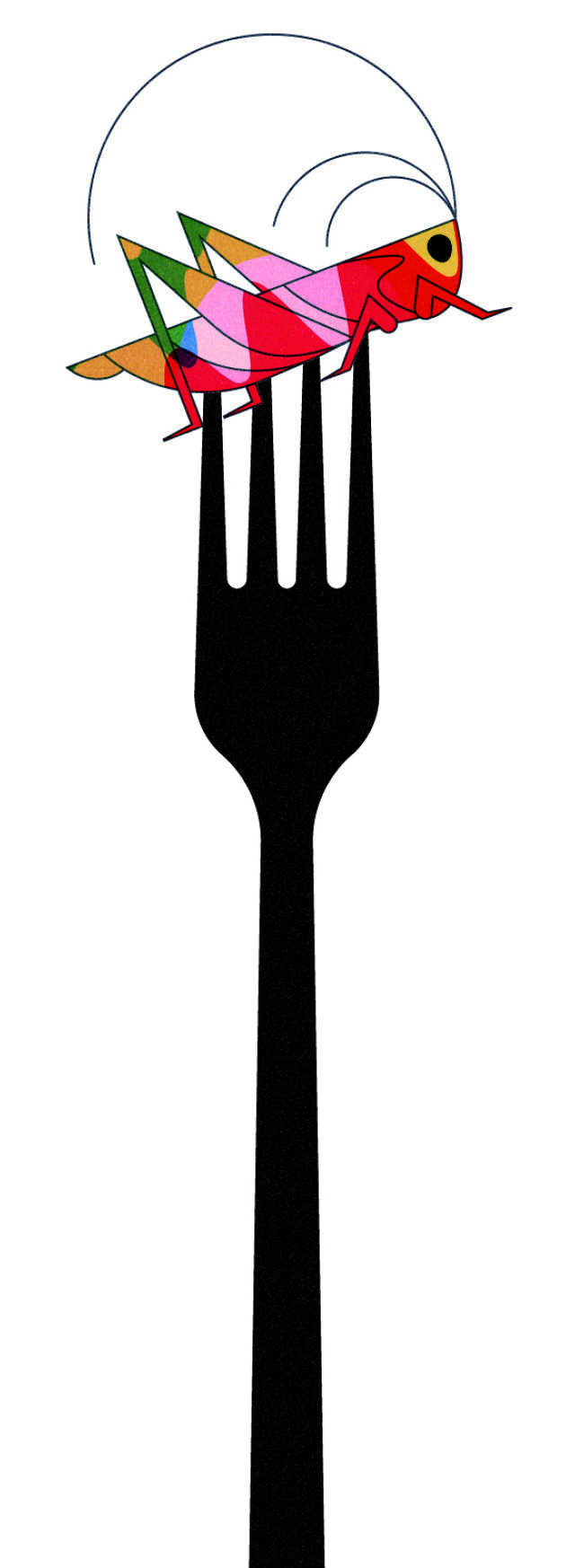The Hitchhiker’s Guide to the Galaxy declares 42 the answer.
But what is the question? Dr Tilly Collins thinks it’s whether we should eat more insects.
Want to reduce your environmental footprint? Try eating insects – or at least adding them to our food supply – says Dr Tilly Collins (PhD Biology 2000), a Senior Fellow in the Centre for Environmental Policy.

“Not only do insects grow very rapidly, they are high in micronutrients, so very nutritious, and they produce protein very, very fast – a 21-day life cycle, where for a cow it is three years. By turning our agricultural waste into densely nutritious protein, quickly and in a small space, they are the ultimate recyclers.”
The challenge she’s tackling now is how to make entomophagy, or eating insects, acceptable in places where it’s taboo, while encouraging its expansion in other areas.
“We are working on increasing the contribution insects can make to diets in tropical regions, especially West Africa. Entomophagy was an important component of ancestral diets and crop pests are still a high-value item there, but there’s less availability because of chemical pesticides.”
Alongside Vincent Savolainen, Professor of Organismic Biology in the Department of Life Sciences, Dr Collins is leading a consortium of African scientists to integrate palm weevils into the agricultural cycle.
“We hope to help the palm industry become more sustainable, using the agricultural waste for poor and disadvantaged people to grow delicious insect protein.”
The team is working on the design of a cartoon guide to weevil farming so that people with different languages and literacy levels can set up simple home farms using a bucket and lid. While British palates are typically less appetised by insects, there are hidden ways to consume them, such as nutrient-rich cricket powder, which can be added to shakes and brownies. They are also increasingly being used as animal feed for fish and poultry, with flies grown on brewery waste such as hops.
Dr Collins is pleased with the progress that’s been made so far, and feels optimistic about the future. “Insects aren’t a huge source of protein yet, but people are starting to recognise how brilliant they can be for our diets. The amount they contribute to our protein consumption will just keep rising.”
Read more about Dr Collins’s research.
Illustration: Mike Lemanski